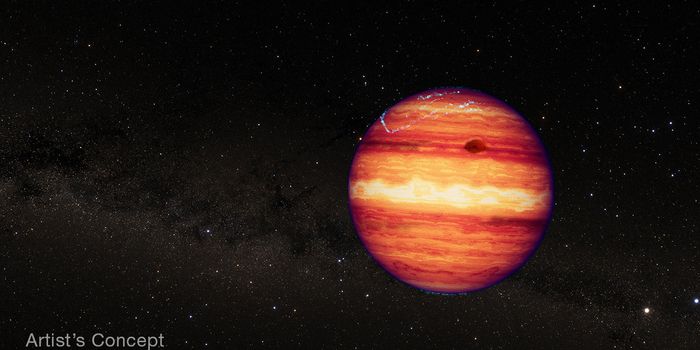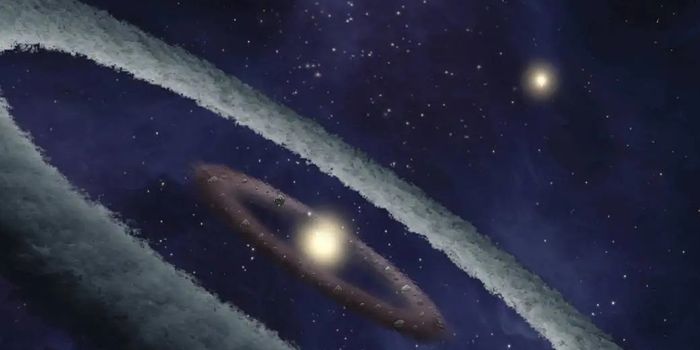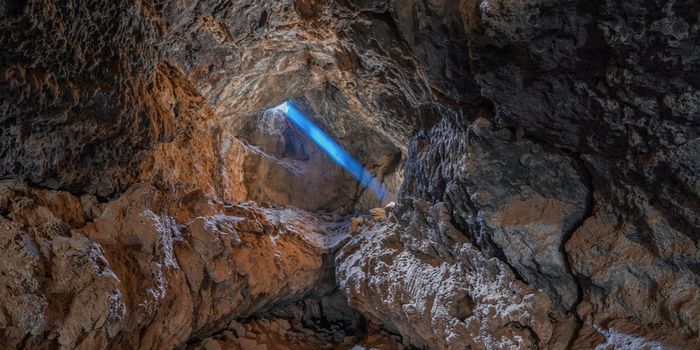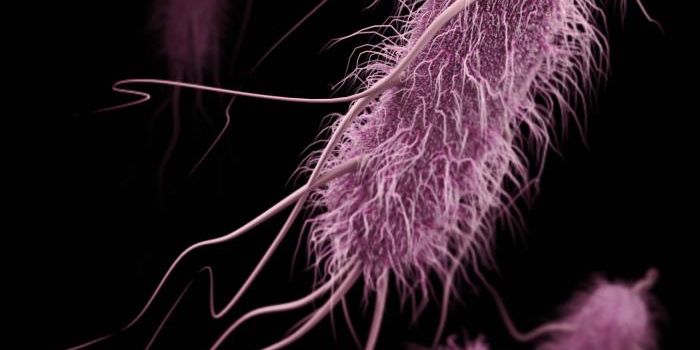Plastic-Eating Cocktail Could Help Establish Infinite Recycling
There's no doubt that the current recycling system isn't efficient enough in handling the plastic wastes our society is generating 24/7. An international collaboration, led by scientists at the U.S. Department of Energy's National Renewable Energy Laboratory (NERL) and U.K.'s University of Portsmouth, reported their recent breakthrough that can revolutionize the plastic industry.
The team engineered a super-efficient "recylcing cocktail" that consists of two plastic-degrading enzymes. This bio-solution can chew up plastic so thoroughly and fast that we may no longer need to manufacture the so-called "virgin plastics" again, but reply on recycled materials infinitely.
Back in 2018, the researchers first came up with a genetically modified, plastic-eating enzyme, which provides a biological, low-energy method for plastic recycling. Their work was built on a bacterium that had evolved to metabolize PET plastics, an earlier discovery made by Japanese scientists in a waste processing facility.
Polyethylene terephthalate, or PET, is one of the most common plastic material. It is widely used in making garments and food and drink containers. In fact, for every one hundred plastic bottles in the world, 30 of them are made with PET.
Scientists Accidentally Discovered A Plastic Eating Enzyme That Could Revolutionize Recycling (HBO/Vice News)
Now, the same team stepped up from their previous research, by partnering their original PET-eating enzyme (called PETase) with MHETase, a second enzyme. The resulted "cocktail" can metabolize PET plastic as much as six times faster.
Erika Erickson, a NERL researcher and a co-author of the study, commented on their research in an interview with CBC: "The enzymes are really specific to certain types of bonds in the molecular structure of the plastic. This means that it breaks it down into the same starting materials that were used to make the product, to begin with."
"So instead of having an inferior product in the end, you could start with the same starting materials and come back to an equal value plastic water bottle or food package, etc., on the other side, without needing to use petroleum products to get there."
This research is published in the journal Proceedings of the National Academy of Sciences.
Source: CBC









